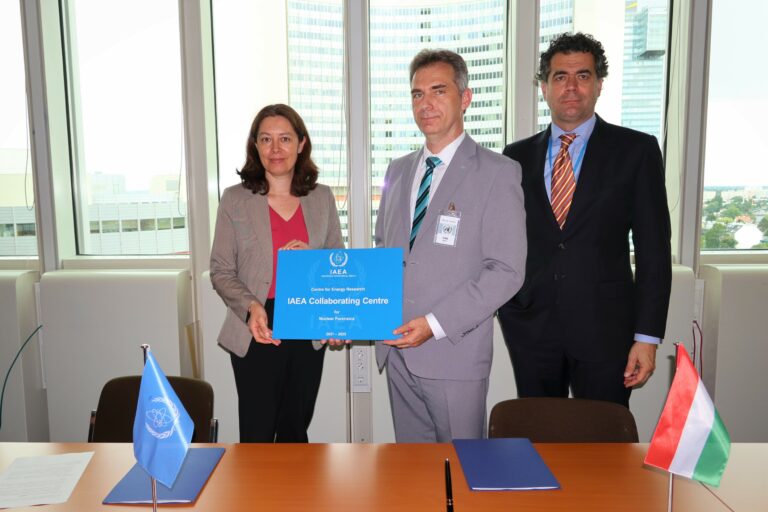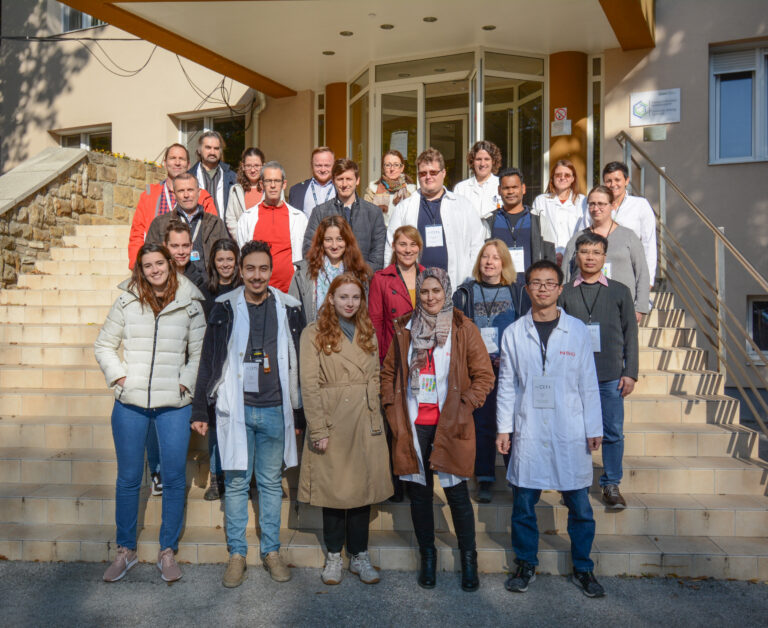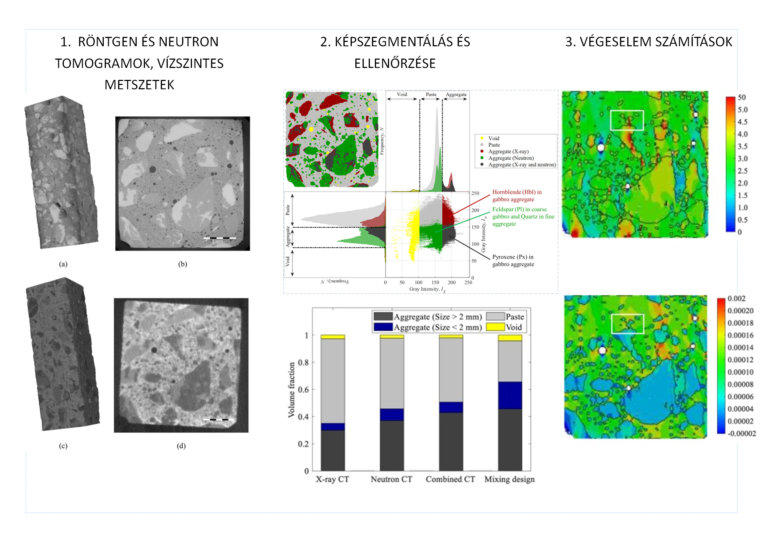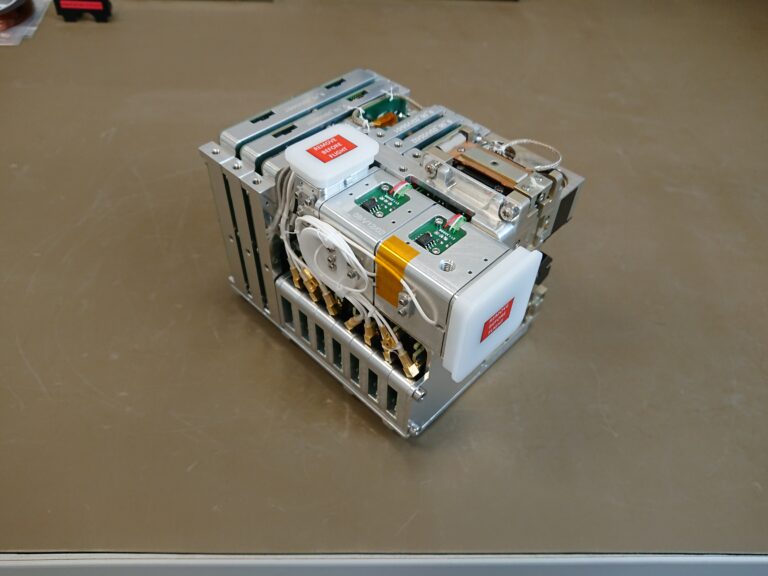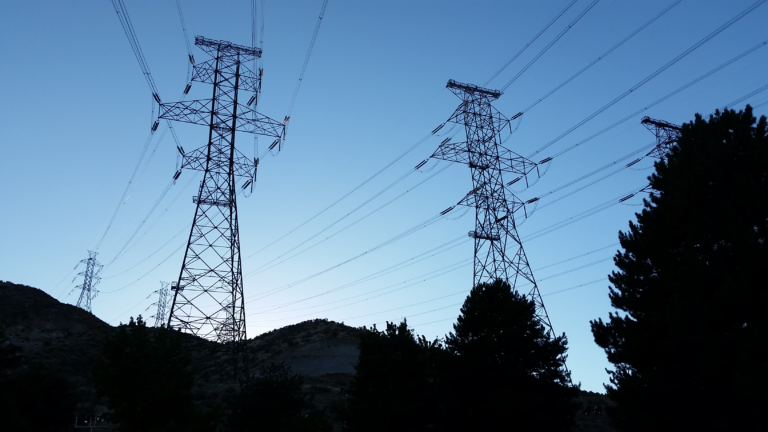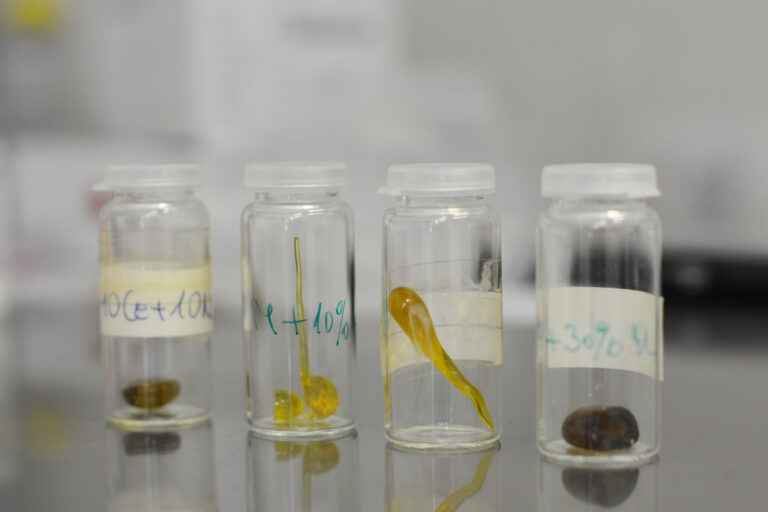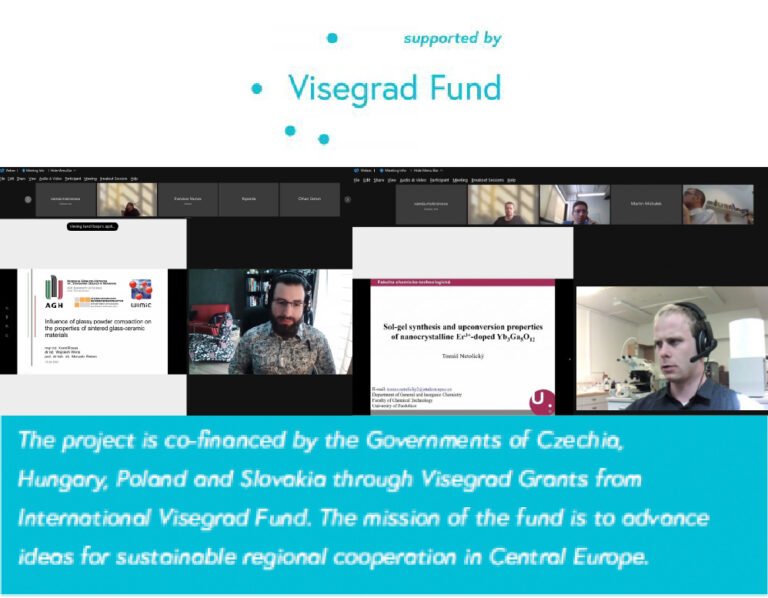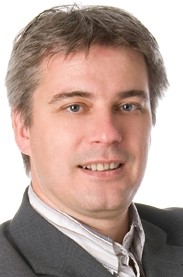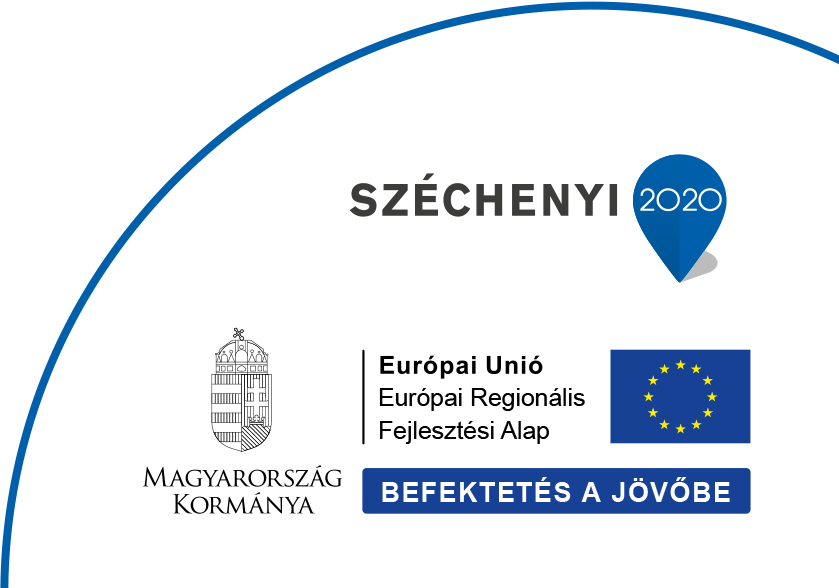The Centre for Energy Research has been re-designated for another 4 years period as the Collaborating Centre for nuclear forensics of the International Atomic Energy Agency
The Centre for Energy Research (EK) was designated to be the first Collaborating Centre for nuclear security (nuclear forensics) of the International Atomic Energy Agency (IAEA) for 4 years in 2016. Recently, this year, the EK has been redesignated for the period of 2021 – 2025. The nomination ceremony was attended by Ms. L. Evrard, Deputy Director-General, Director of the IAEA Nuclear Safety and Security Department, Ambassador Károly Dán, Head of the Hungarian UN Mission, …
